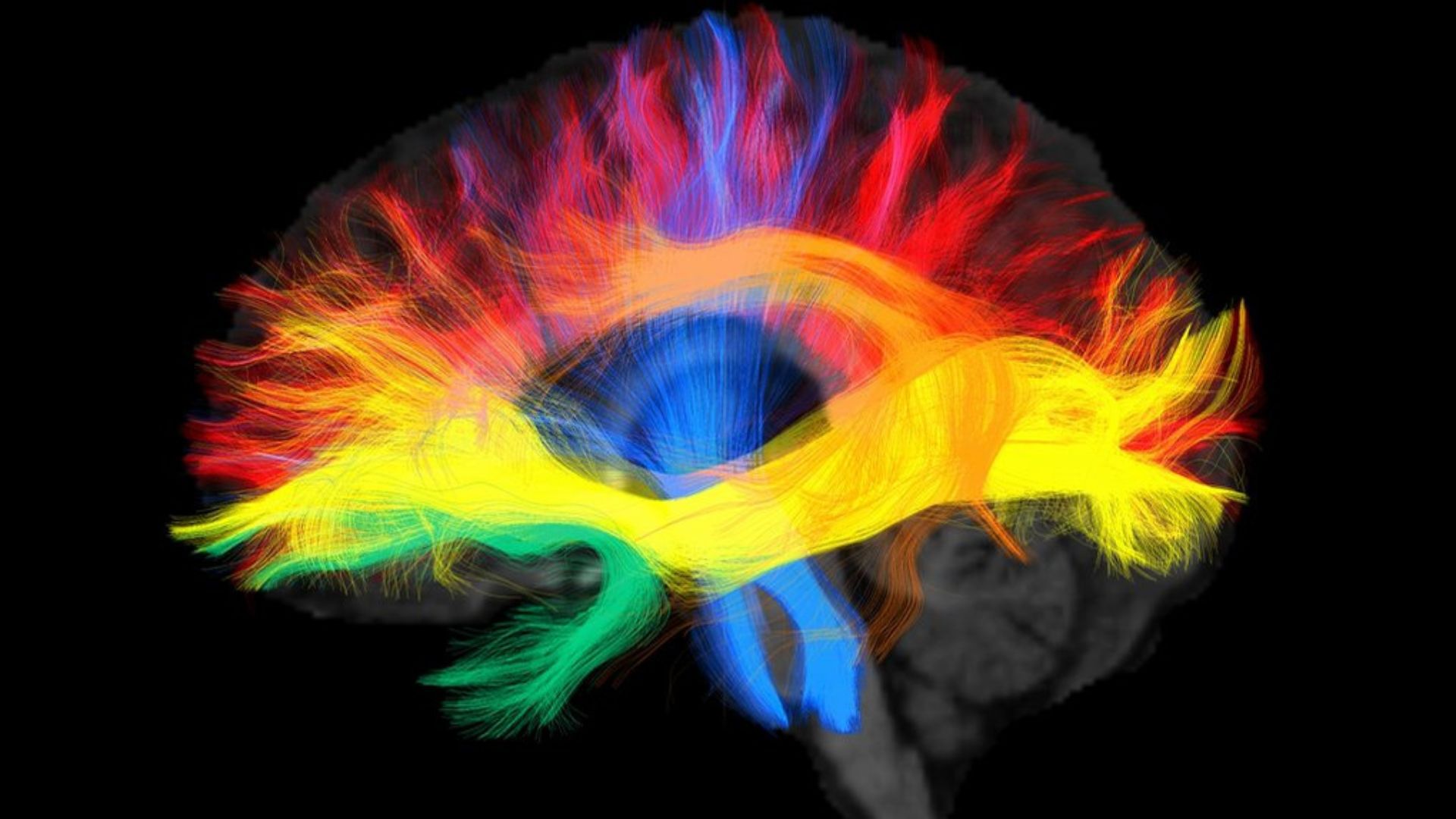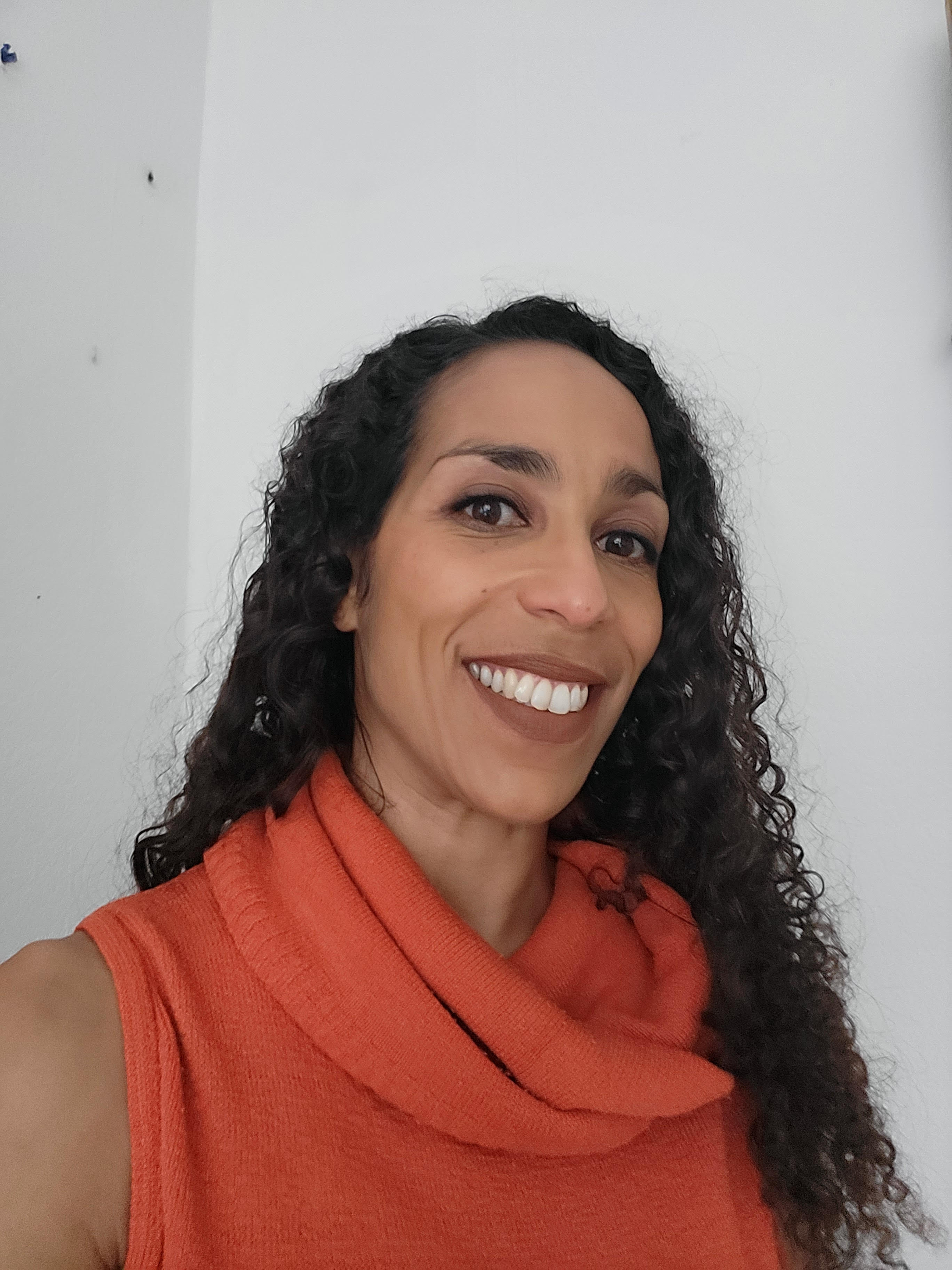Your native language may shape the wiring of your brain
The connections between different regions of the brain responsible for language processing depend on which language you grew up with.

A person's native language may shape how their brain builds connections between different hubs of information processing, a new brain scan study reveals.
The observed differences in these language network structures were related to linguistic characteristics in the native languages of the study participants: German and Arabic.
"So the difference we find there shouldn't be due to different ethnic background but really because of the language we [they] speak," Alfred Anwander, a researcher at the Max Planck Institute for Human Cognitive and Brain Sciences in Germany who led the study, told Live Science. The research was published online in February in the journal NeuroImage.
Although the language network grows to be one of the strongest networks in the brain, the connections at birth are weak. As we learn to speak, links strengthen between the various brain regions that are responsible for different types of language processing, such as recognizing words from sounds and interpreting the meaning of sentences, Anwander explained.
Different languages may tax some types of language processing more than others. The researchers wanted to see how these differences affect the formation of connections in the brain.
Related: 'Universal language network' identified in the brain
Previous studies had highlighted regions of the brain that activate during language processing. These are primarily situated in the left hemisphere, although both sides of the brain are invoked in auditory processing, and the region that assesses stress and intonation in the pronunciation of words lives in the right hemisphere.
Get the world’s most fascinating discoveries delivered straight to your inbox.
Discussing the paper at a seminar, Patrick Friedrich, a researcher at the Institute for Neuroscience and Medicine at Forschungszentrum Jülich in Germany who was not involved in the study, noted that the brain's language network is understood to be "more or less universal among participants of different native languages." Yet, scientists have observed differences in how the brain processes second languages.
"I thought this study was really interesting because it shows for the first time a structural difference depending on the native experience," rather than languages learned later, Friedrich said.
The study included 94 participants. Half spoke only German, and the other half spoke only Arabic, having recently settled in Germany. Although they spoke different languages and grew up in different cultures, the participants were closely matched in terms of other factors that can influence brain wiring, such as age and education level.
Brain scans were obtained using "diffusion MRI," which tracks the directional mobility of water molecules to identify structures such as axons, which the water can move along easily.
The scans revealed that the native German speakers showed increased connectivity in the regions of the left hemisphere involved in language processing, compared with the Arabic speakers. Anwander noted that German is considered syntactically complicated, meaning the sense of a sentence is gleaned less from the word order and more from the grammatical forms of the words. Thus, words that depend on each other for their meaning may be at opposite ends of a sentence. Syntactic processing regions are mostly in frontal parts of the left hemisphere, so the higher connectivity within the left hemisphere makes sense, he said.
In contrast, Anwander described Arabic as semantically complex — while the sentence word order remains more fixed, the words' meanings can be more taxing to decode. The researchers observed increased connectivity between the left and right hemispheres for Arabic speakers that reflected this.
It's possible that the language network shaped by a person's first language might influence other nonlinguistic cognitive abilities, Anwander said. For example, a German speaker's memory might be influenced by their having to hear whole sentences before parsing their meaning.
David Green, an emeritus professor of psychology at University College London, described the work as "technically accomplished" but voiced reservations. Beyond the linguistic features of a language, cultural features of conversation, such as how people use gestures, may also shape brain networks, he told Live Science in an email.
The study also didn't cover all the brain regions involved in language processing, nor did it include measures of brain activity that could be compared across individuals. "We do need to grasp the variety of ways in which the brain may solve a given task and the nature of that variety across individuals," he said.
Nonetheless, Anwander sees potential for this line of research, and wonders whether it might be possible to predict the native language of an individual from a brain scan. He and his colleagues would like to extend the study to more languages, to find out.

Anna Demming is a freelance science journalist and editor. She has a PhD from King’s College London in physics, specifically nanophotonics and how light interacts with the very small. She began her editorial career working for Nature Publishing Group in Tokyo in 2006. She has since worked as an editor for Physics World and New Scientist. Publications she has contributed to on a freelance basis include The Guardian, New Scientist, Chemistry World, and Physics World, among others. She loves all science generally, but particularly materials science and physics, such as quantum physics and condensed matter.
 Live Science Plus
Live Science Plus





